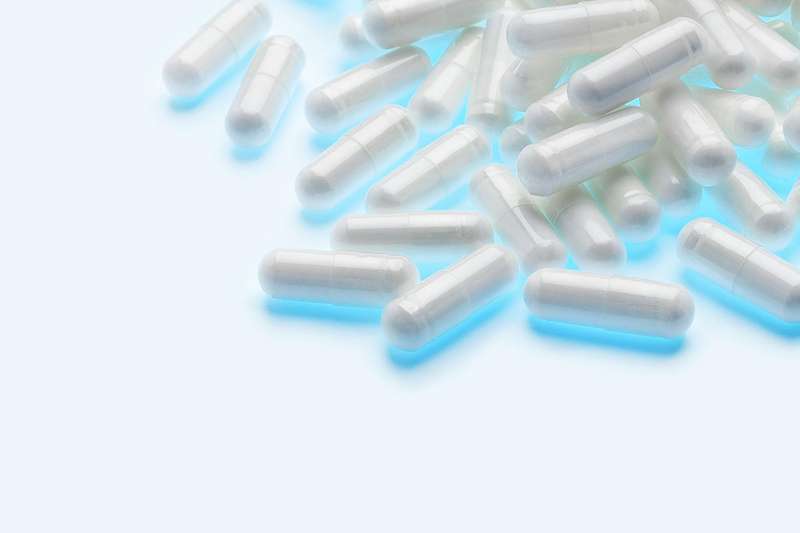
Studio 52 film / Alamy Stock Photo
Supplements of genetically modified bacteria could be used to treat liver and bowel diseases by mopping up toxins inside the gut.
The approach, of tweaking bacteria so they turn harmful ammonia into a safe compound, has shown promise in animal tests and in healthy human volunteers.
Many of us now take daily doses of probiotics to help top up good bacteria in the gut , although it’s unclear how much good they really do.
Advertisement
But genetically altering bacteria to give them new abilities could take things to the next level, says Caroline Kurtz of manufacturer Synlogic, a biotech firm based in Cambridge, Massachusetts. “These are living medicines that are able to sense their environment and perform a function for a patient.”
Ammonia build-up
Ammonia is made in the gut as a by-product of food digestion; it normally goes to the liver to be dealt with, but cirrhosis of the liver or certain metabolic disorders can lead to a build-up of ammonia in the blood, causing seizures or death.
Synlogic has changed the genes of a bacterium called Escherichia coli Nissle – which in unmodified form is already sold as a probiotic – to boost its uptake of ammonia. The bacteria turn the toxin into a compound called L-arginine, an amino acid present in our diet.
Daily doses of the bacteria improved survival in mice genetically engineered to have one of the ammonia-raising metabolic disorders. And when healthy humans took the bacteria in a drink for two weeks, blood tests showed the bacteria were working as intended.
For safety reasons, the microbes were also genetically changed so they could not reproduce. Two weeks after the trial ended, there was no more DNA from the microbes in the volunteers’ faeces. That means patients would have to take supplements long-term, but there’s less risk. A trial has started in people with cirrhosis.
Other groups are engineering bacteria so they can make human immune system chemicals as a treatment for other bowel disorders, such as Crohn’s disease.
Journal reference: Science Translational Medicine, DOI: 10.1126/scitranslmed.aau7975
More on these topics:
